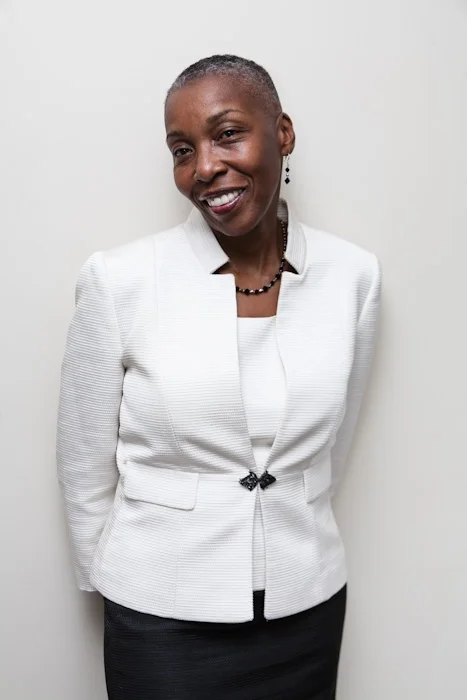C3D
.308 Win
Or so says this lady:


 www.nydailynews.com
www.nydailynews.com
If the men inside could have voted, Rockefeller might not have felt so comfortable callously disregarding their concerns and sacrificing their lives. If their families back in the population-dense Black and Latino communities of New York City also voted, instead of feeling utterly disenfranchised by the system, Rockefeller would have had a sizable constituency to consider.
But at that time, people in prisons or on parole could not vote. And in a period of intense racial strife and division, an untold number of Black and Brown people chose not to vote. They had many reasons, but one was the tragically disproportionate number of people from their communities who were thrown in prisons due to the draconian Rockefeller drug laws — which were enforced along racial lines.
The state Constitution includes archaic language stating that people who are incarcerated “for an infamous crime” cannot vote. It will take a battle to change the law, but we are up for it. When we remember Attica, we remember that people who are incarcerated are people; their lives matter, and that’s why we’re there to get out the vote. It just may prevent the next prison massacre — or at least the slow death of being locked away and forgotten.


If incarcerated people had been able to vote, the Attica killings may never have happened
It’s a bright, bustling Saturday morning in the heart of Harlem on 116th St. and Lenox Ave, also known as Malcolm X Blvd. People queue up for the food pantry giveaway outside the Mosque, whil…
 www.nydailynews.com
www.nydailynews.com
If the men inside could have voted, Rockefeller might not have felt so comfortable callously disregarding their concerns and sacrificing their lives. If their families back in the population-dense Black and Latino communities of New York City also voted, instead of feeling utterly disenfranchised by the system, Rockefeller would have had a sizable constituency to consider.
But at that time, people in prisons or on parole could not vote. And in a period of intense racial strife and division, an untold number of Black and Brown people chose not to vote. They had many reasons, but one was the tragically disproportionate number of people from their communities who were thrown in prisons due to the draconian Rockefeller drug laws — which were enforced along racial lines.
The state Constitution includes archaic language stating that people who are incarcerated “for an infamous crime” cannot vote. It will take a battle to change the law, but we are up for it. When we remember Attica, we remember that people who are incarcerated are people; their lives matter, and that’s why we’re there to get out the vote. It just may prevent the next prison massacre — or at least the slow death of being locked away and forgotten.

